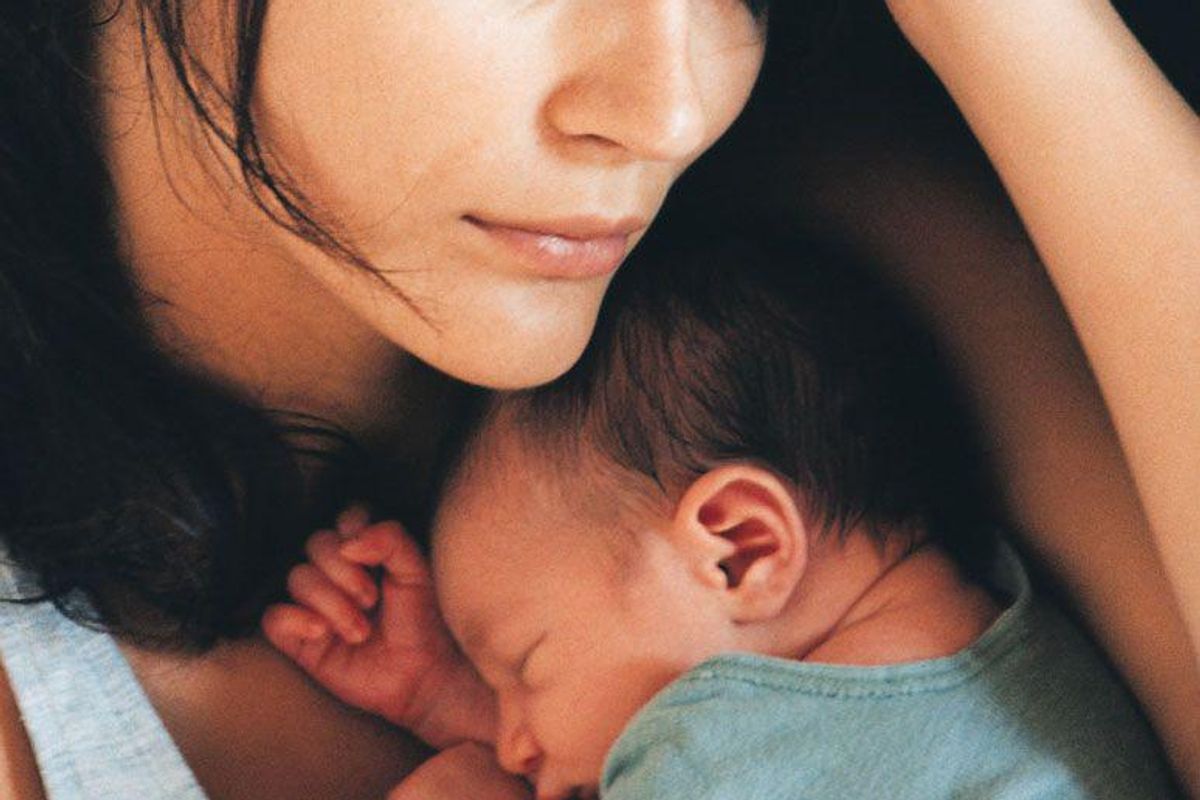You probably had a long list of projects you planned to get done during your maternity leave. However, you now realize that you forgot one thing: This is not a vacation. Instead, it is a time to heal, to get to know your new baby and to learn how to be a mother. So forget everything except these three things.
The healing part is very important. Your body has been through a massive change over the past nine months; don't expect to return to normal for a while. While our society considers women "healed" at six weeks—when many women get the green light to have sex and return to work—it will really take the next nine months to return to normal. So relax. And follow this advice:
- Sleep when Baby sleeps. You will probably never be as tired again as during the first few months of motherhood. Forget about "getting things done" while the baby sleeps. As soon as she starts snoring, you need to hit the sack, too. Gradually, as you regain your strength, you'll be able to stay awake longer.
- Do your chores with Baby. Babies love to watch you. They don't think that laundry, cooking or shopping is boring, especially if you talk to them.
- Get out of the house every day. Even if it's only for a walk around the block. The sunshine and fresh air will do you a world of good.
- Give in to take-out. Now is not the time to become a gourmet cook. If your partner can't take over the cooking during the week, show him how to make large batches of food like pasta sauce, chicken casseroles, lasagna, etc., and freeze for during the week.
- Lower your standards. Your house doesn't have to be spotless. If you can afford it, hire a cleaning service. If not, just focus on the clutter control. And make your bed in the morning—at least one room will look neat.
- Take care of your perineal area. If you tore during delivery or had an episiotomy, sitting in a few inches of water several times a day not only keeps the area clean, but can soothe any pain. You can reduce swelling with ice packs or chilled witch hazel pads.
- Eat right. That means following the same healthy diet you followed during pregnancy and abstaining from alcohol if you're breastfeeding.
- Watch out for problem signs. If you suddenly start bleeding heavily again, develop a breast infection, or feel pain in your pelvic region, call your health care professional.
Feeling Down
The "baby blues" are not a myth. After the giddiness of the birth wears off and the reality of motherhood—complete with little sleep—sets in (helped along by plummeting hormone levels), you may feel down, weepy, depressed. This is completely normal and usually disappears within about 10 days. If those "blue" feelings persist, however, or become more intense, you may have a condition called postpartum depression. Other symptoms include:
- Feeling restless, irritable or anxious
- Loss of interest or pleasure in life
- Loss of appetite
- Less energy and motivation (not related to lack of sleep)
- Problems falling asleep or staying asleep or waking up too early in the morning.
- Feeling worthless, hopeless or guilty
- Feeling like life isn't worth living
- Showing little interest in the baby
- Unexplained weight loss or gain
If you have several of these symptoms for more than a week or two, call your health care professional or ask someone to call for you to make an appointment. Support, therapy and, if necessary, medication can restore you to your old self. Postpartum depression is not a normal phase. Please get help, if you need it.







